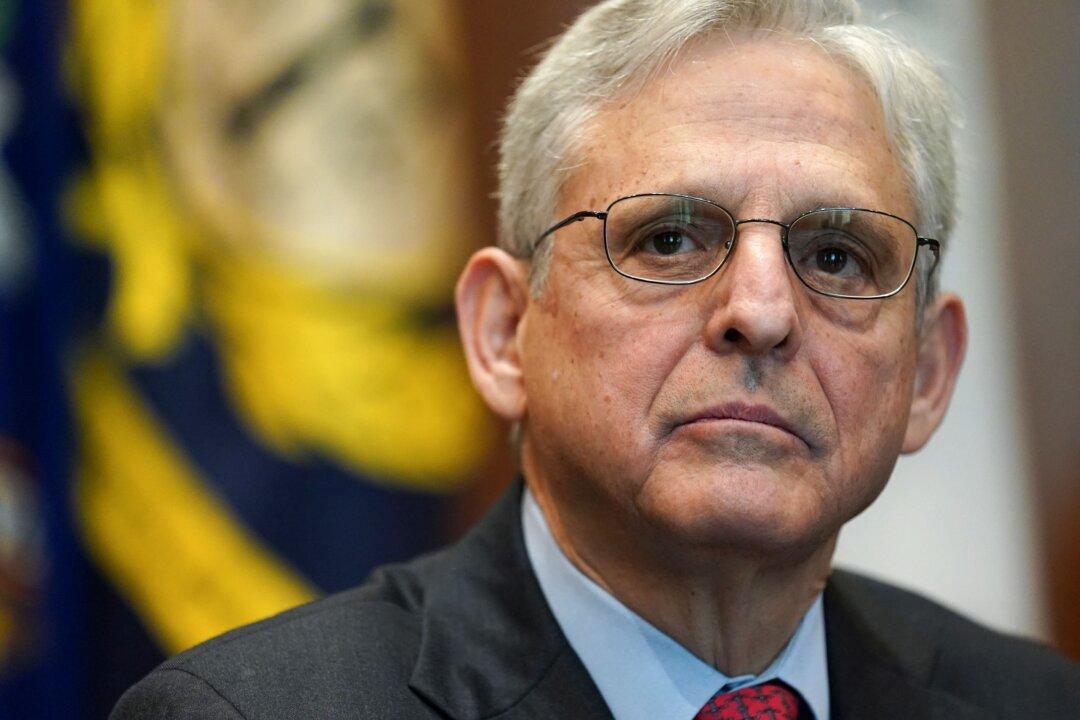Former Utah Sen. Orrin Hatch, who was the longest serving senator in U.S. history, has died at the age of 88.
The nonprofit Orrin G. Hatch Foundation announced his death: “Senator Hatch passed away at 5:30 p.m. on Saturday, April 23, 2022 in Salt Lake City, Utah, surrounded by family.”




